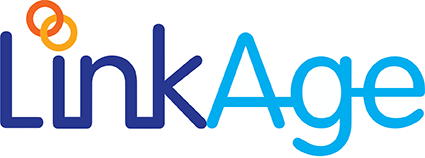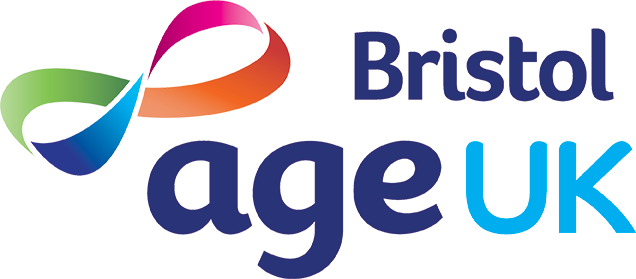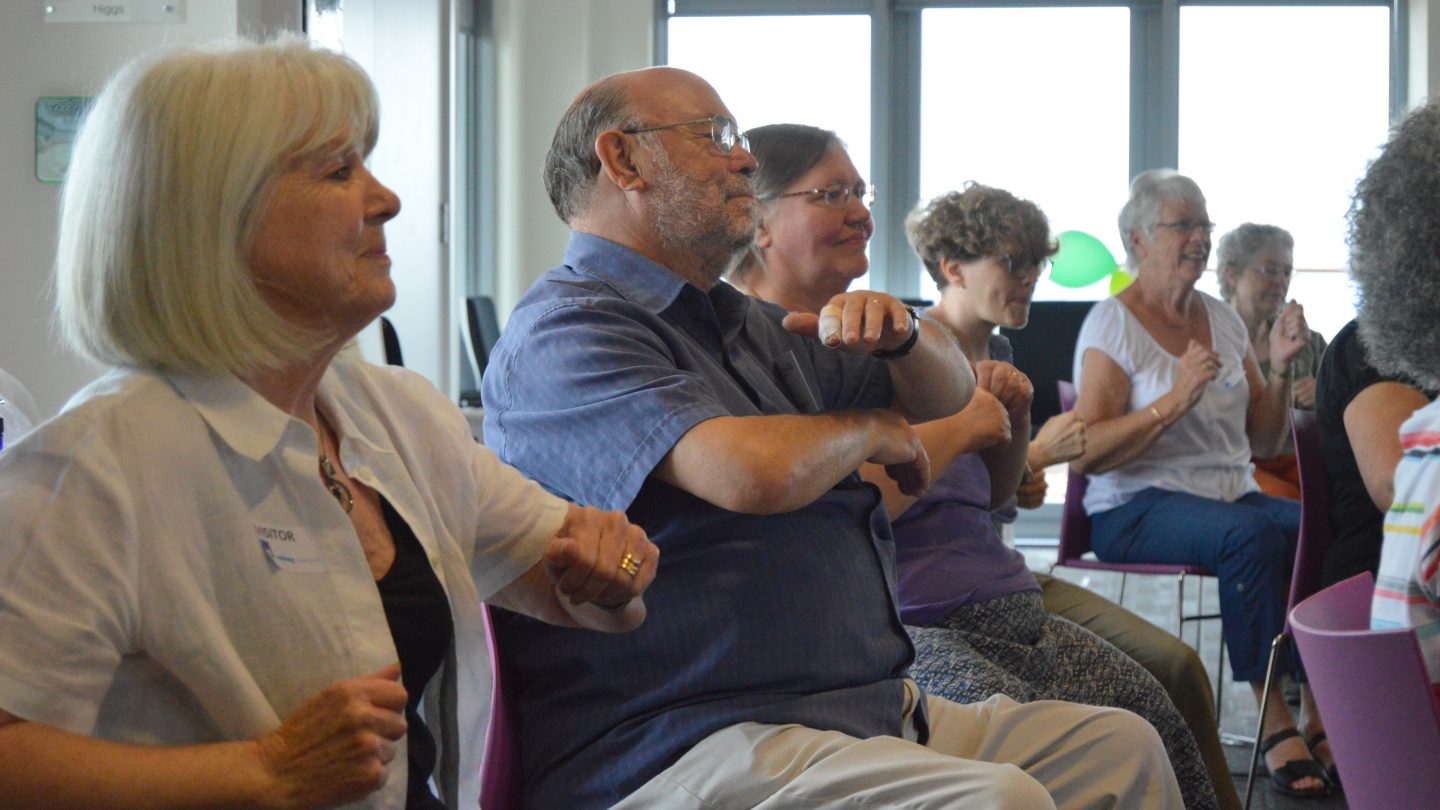“[Before I had cancer] I had organised walks, it wasn’t called Walking for Health or anything like that, but we did organise walks and the title of our walks was hike and pint, so we would walk somewhere to a pub and then home again”.
Chatting with Maurice about his journey through cancer, it was evident that walking had been a big part of his life before his diagnosis.
“I was going to catch the bus into town, I was walking down the hill and the bus was coming along so I put a little jog on and sped up. I had this pain in my groin, no it wasn’t pain, it was more like discomfort. I’d never had anything like it, that’s why I went to my GP and he poked me around and said ‘I’ll send you for an ultra-sound scan’. I didn’t have any other symptoms”. This led to Maurice being sent for a CT scan.
“I didn’t know what was being diagnosed, what [the doctor] was doing, and then I was being called to see a specialist. The CT scan was up on the screen, he said ‘right, that’s your right kidney’ and you could see this blob, he then skimmed across the scan and said ‘now this is your left kidney’ and it was black. Therefore cancer, he pointed at it and said ‘that’s got to come out’. That’s the first hint I had of what it was, and that it needed treating like that. It turned out, they didn’t know until they took it and out and examined it, it was a level 4 cancer he was pointing at”.
Three months following the operation to remove his cancerous kidney, Maurice made a plan to start some gentle walking to support him in his recovery.
“I saw some of the information from LinkAge [Network]; I was going for check-ups at the BRI Bristol Haematology and Oncology Centre. So I picked up one of the LinkAge [Network] leaflets and looked through. There’s a walk every week on a Tuesday at the Beehive at St George.
I did find it challenging (getting back into walking), because I’d had that big operation I was quite weakened, physically weakened, by the effects of the operation”.
Not knowing anyone in the group, Maurice was welcomed in as the only male. Apart from the social side, Maurice soon realised the physical and mental benefits that the walking group offered.
When I first started going it was a great way to structure my week. To think, ‘right, Tuesdays, I’m going to go down to the Beehive and we’ll do a walk round the park’. Physically I could feel myself getting better, recovering”.
And seven years later, Maurice is still doing just that “Once a week, half past ten, every Tuesday, I still go to that walk”.
Valuing the positive impact physical activity can have on your mental health, Maurice explained how important it was to stay active.
“After I had the operation, going in every 3 months to oncology, and I had been doing that for a couple of years, I then fell into a deep depression. I didn’t know why. I asked them at my next visit to oncology, ‘is it common to get depressed after you’ve had cancer?’ and they said ‘yes that’s quite normal’. So I was then treated for depression. I had learnt about psychotherapy for years before using meditation in a group, and I’m still using that til this day. I think a lot of people call it mindfulness; it wasn’t called mindfulness [then]”.
Joining the gym at Easton Leisure Centre and reunited with his love for swimming, has also helped Maurice towards improving his mental health and recovery from cancer.
I feel energised, and healthier generally speaking. Healthier than I’ve felt for many years before that. [Improving my mental health] was one of the things that made me think about signing up to the gym. I was aware that physical activity would be good for that.”
Regularly practicing mindfulness and finding ways of being active that he enjoys, means that life for Maurice is fulfilling.
Amongst swimming, attending the gym and attending walks at The Beehive Centre, Maurice is also now a regular ‘Walking for Health’ Walk leader at another walking group called ‘The Bristol Amblers’, enjoying trips further afield to the Forest of Dean, and Woodchester Mansion.


